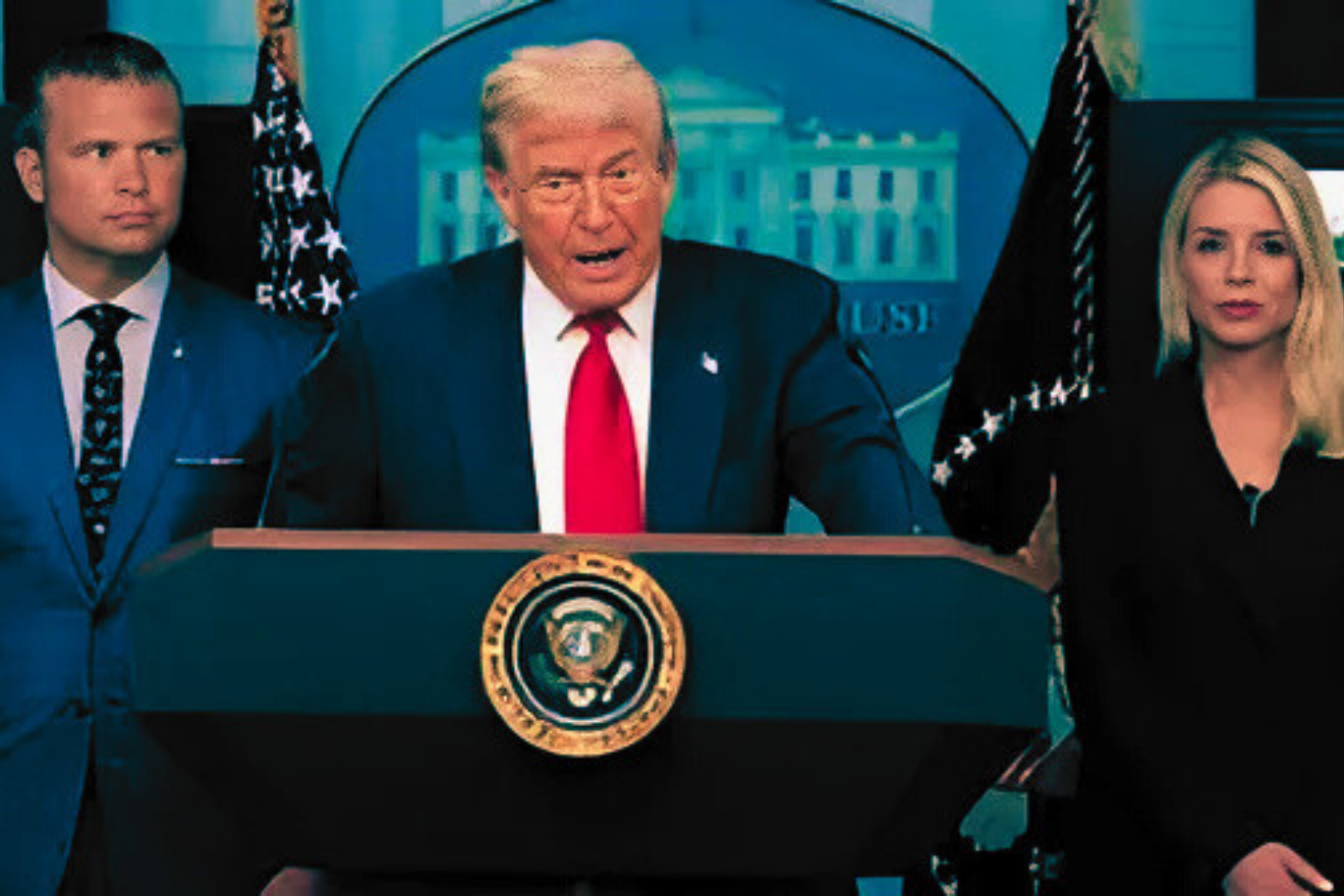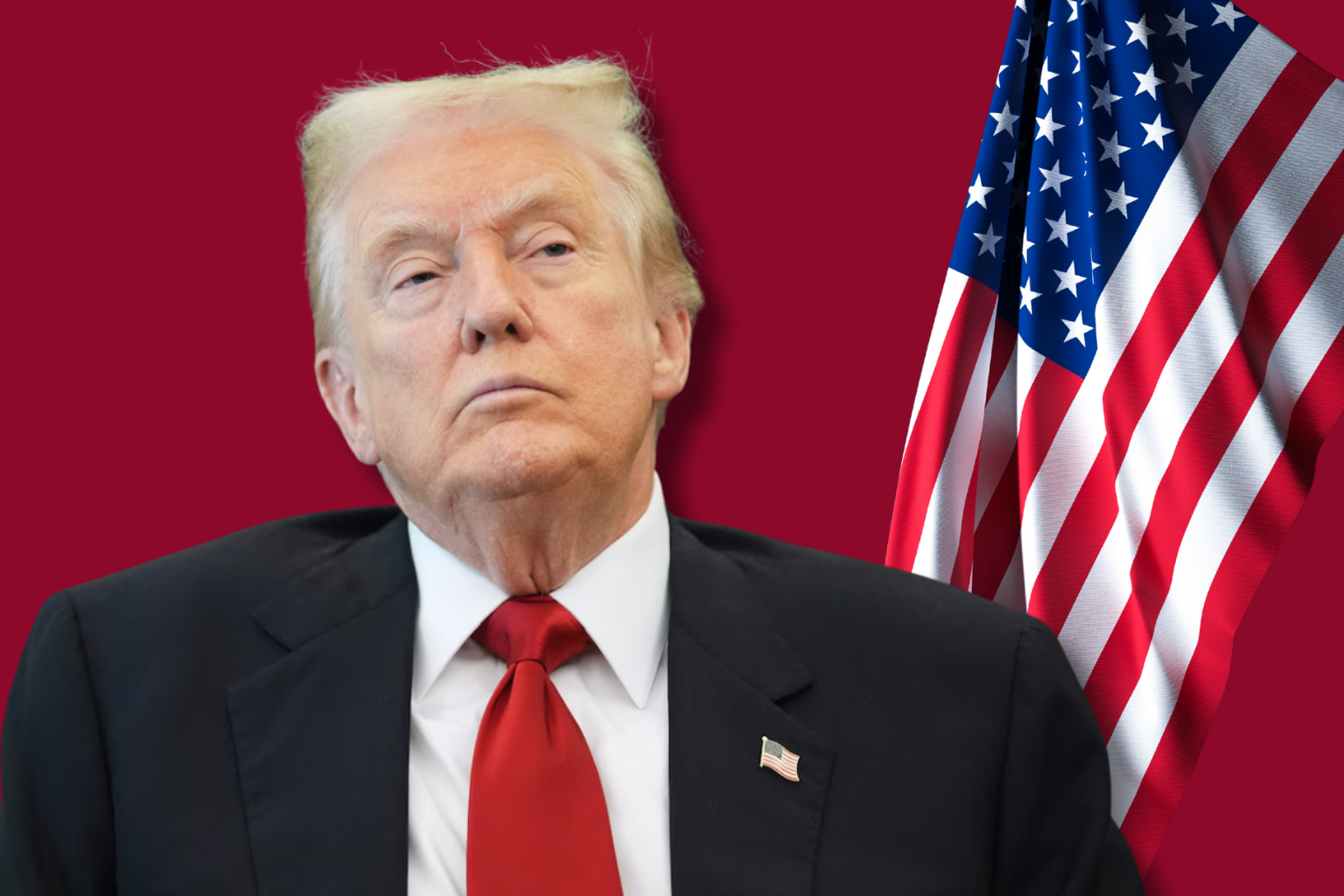Trump’s National Guard Deployment in D.C. Sparks Crime Debate, Political Backlash, and January 6 Comparisons

Crime, Politics, and January 6 Comparisons Heat Up After Trump Deploys National Guard in D.C.
Former President Donald Trump authorized the deployment of National Guard personnel across areas of Washington, D.C., sparking another political dispute. Military vehicles and uniformed troops were brought into very visible public places near the Washington Monument and other tourist attractions, raising doubts about whether the move was motivated by public safety or political play.
Many observers saw the significant troop presence as a scene from a military-ruled country rather than American democracy. Residents and visitors saw unarmed soldiers in clusters answering questions about their mission. Some indicated they were there “to make sure everyone is safe,” while others mentioned “that takeover thing,” which further confused the goal.
The president’s refusal to provide aid during the January 6, 2021 Capitol attack has sparked outrage. Despite rioters storming government facilities, Trump hesitated to call the National Guard. His detractors today say his unexpected show of force shows a political double standard.
Does D.C. Have a Crime Emergency?
President Trump has justified deploying the National Guard by citing increased crime in the capital. Washington violent crime has decreased in recent years, according to statistics. While some people worry about robberies and carjackings in some districts, many don’t think the city is in crisis like Trump claims.
Republican strategist Mike DuHaime, who has worked on many national campaigns, said conspicuous security can deter. The New York Police Department has historically maintained police in high-traffic places like Times Square, he said. “When people see law enforcement, they feel safer, which impacts daily life and the economy,” DuHaime added.
Critics say the military is not like local police. Democratic strategist Julie Roginsky said the deployment feels like intimidation rather than protection. She reminded people of Trump’s failure to defend police officers on January 6, when several were harmed.
Political Risks and Polling Issues
Trump has new political challenges beyond crime. Recent polls show his Republican approval has plummeted ten points since January. However, few Republicans support his mid-cycle redistricting plan to gain more congressional seats before 2026.
Political observers worry about this gap hurting. Trump’s core supporters are loyal, but Republicans worry about inflation, energy, and affordability. Trump’s concentration on power plays and ostentatious displays of force may alienate economic stability advocates, critics say.
Inflation and Trade Policies
Trump’s trade agenda is another issue. In a recent survey, nearly half of Americans expected costs to rise due to his tariffs. Experts warn that while voters may not understand the technicalities of tariffs, they feel the direct impact every time they shop for groceries or pay utility bills.
Roginsky noted that Democrats could capitalize on this vulnerability by directly linking Trump’s policies to higher costs of living. Republicans must balance Trump loyalty with rising costs’ political impact.
Social Issues and Marriage Equality
The debate has also spilled into social issues. Trump loyalists want the Supreme Court to reconsider its 2015 same-sex marriage ruling. Conservatives are proposing repealing marriage equality, even though 70% of Americans approve it.
DuHaime warned that such steps might be politically damaging because most Americans “live and let live” with family. The repeal of Roe v. Wade shows that rights may be overturned, Roginsky said.
Under Fire: Government Data Trust
Adding to the list of controversies is Trump’s decision to nominate economist E.J. Antoni to lead the Bureau of Labor Statistics, a move that has drawn criticism from both Democrats and Republicans. Economists fear the appointment could erode public trust in official jobs data, especially if positive reports are dismissed as politically manipulated.
Local Elections and Energy Costs
Closer to home, New Jersey is grappling with rising energy bills, an issue that could shape upcoming gubernatorial and Assembly races. Both parties are blaming one another’s policies, with Democrats tying the crisis to Trump’s tariffs and Republicans pointing at state-level energy strategies. Voters, meanwhile, continue to face higher monthly costs with little relief in sight.
The Bigger Picture
Trump’s deployment of the National Guard in Washington raises more questions than it answers. Is it a serious response to crime or a political tactic to project toughness ahead of the 2026 midterms? His critics argue the timing and optics are impossible to ignore — a convicted former president who once failed to act in a moment of national crisis now using military presence to reinforce his image of control.
With crime rates not matching the scale of the response, and with inflation, trade wars, and social issues pressing heavily on the political landscape, Trump’s strategy could backfire. As the political season heats up, the debate over safety, democracy, and leadership in America’s capital is only beginning.
Sources:
The Economist / YouGov Poll
Official Washington, D.C. Crime Data
U.S. Supreme Court Case Filings
U.S. Bureau of Labor Statistics




